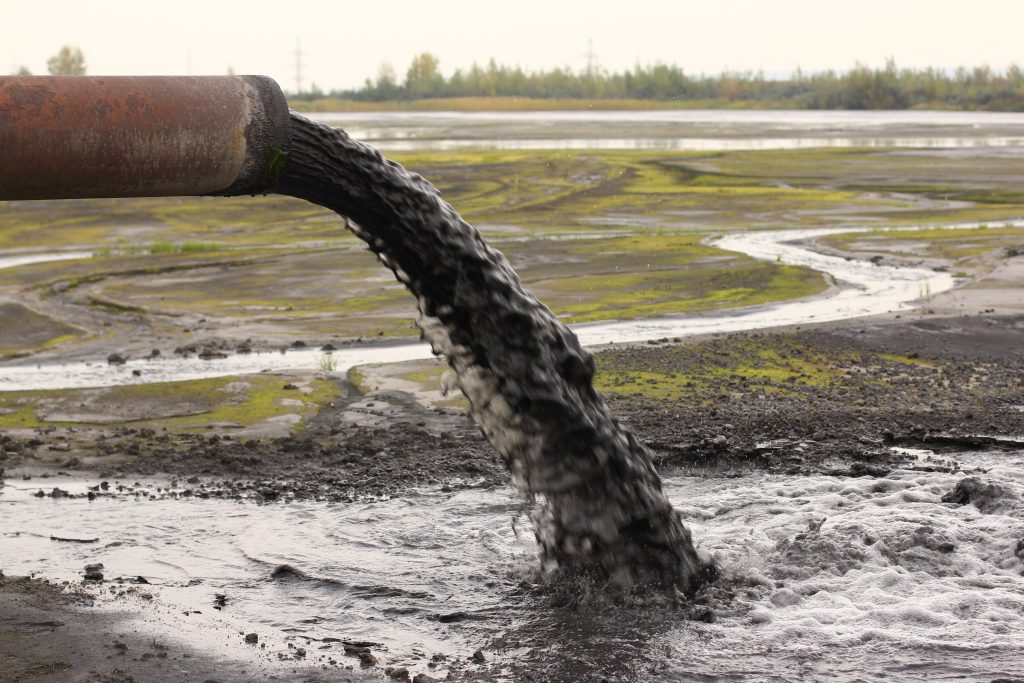The time has come to make new year resolutions! You could aim to learn a new skill, technique or perhaps embrace a new discipline? How about starting a new collaboration with a researcher in a different field? Or expanding research beyond the lab into industry applications and policy recommendations?
If these ideas have crossed your mind, then your new resolution could be to embrace a multi, inter and/or transdisciplinary research approach so solve grand challenges.
